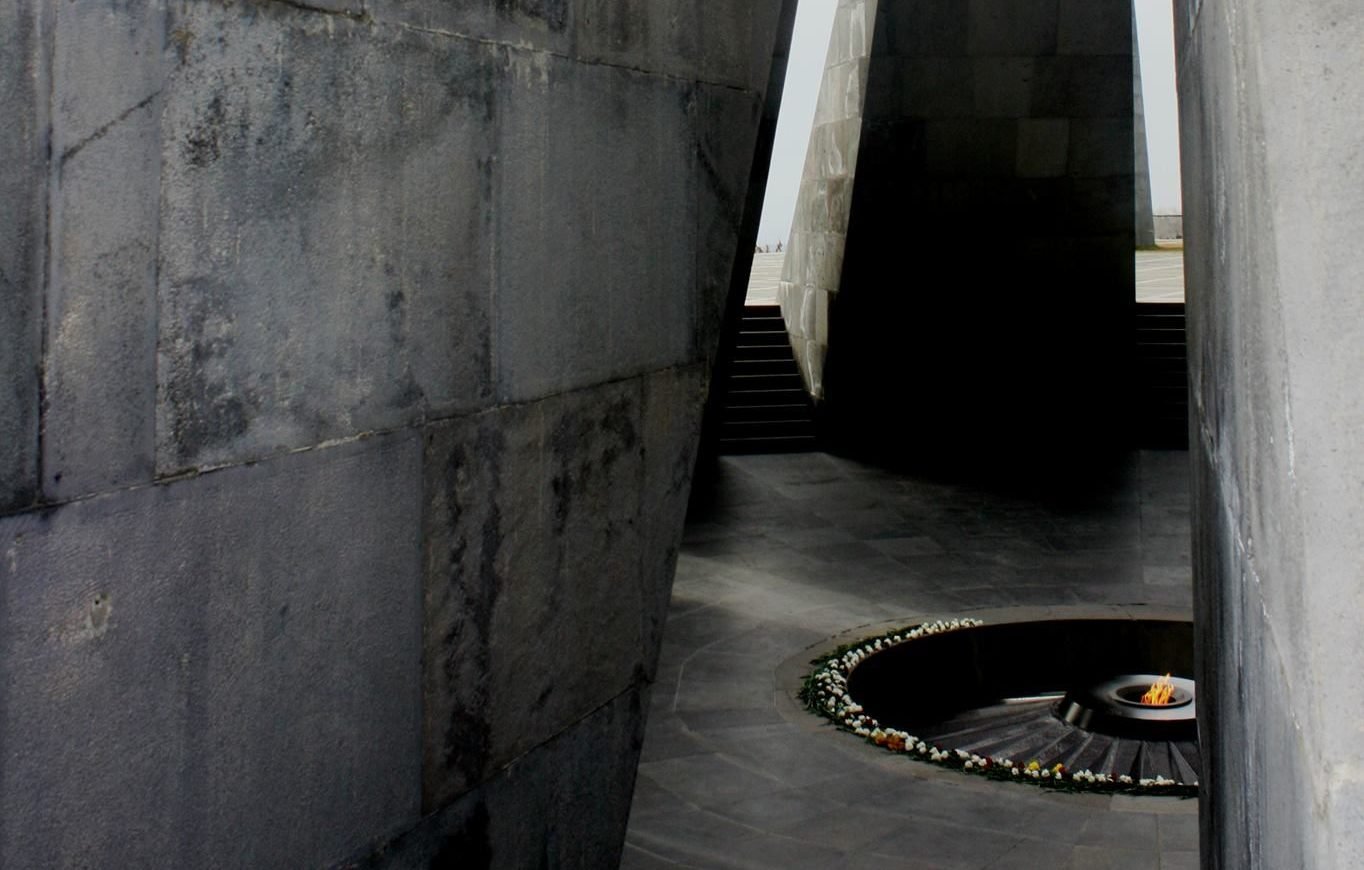Those of us who have been involved in policy circles in Washington have long heard the argument that for the US government to recognize the Armenian Genocide of 1915 would be “inconvenient” and “jeopardize relations with an important NATO ally [Turkey].” Whenever the recognition issue came up, there was always some excuse for putting it off.
Well, that day has come. April 24, 2021 marks the 106th anniversary of that terrible episode. At long last, there seems to be a crystallization of forces now in favor of recognition.
One, President Joe Biden has gone on the record saying he will do so. Unlike previous presidents who said the same thing and never carried it out, I believe Biden is a man of his word. Moreover, as a former, longtime US Senator, he was close to the Armenian-American community and understands the importance of the issue, not only for this constituency but for the larger issues of history, remembrance and justice.
Two, Turkey’s standing has fallen in Washington. Even the Pentagon, the bureaucracy which has traditionally been a stalwart defender of Turkey, sees Ankara as an unreliable ally for its many transgressions, such as its strategic ties to Russia, its facilitation of Islamist extremists crossing its borders to join ISIS and its atrocities against Syrian Kurds who fought bravely against ISIS in partnership with the US, to name just a few. In addition, Turkey under President Recep Tayyip Erdogan is no longer seen as a model of Islamic democracy but as an authoritarian state which represses journalists, academics and minorities.
Three, Turkish society is no longer in unison opposing recognition. A number of civil society activists and intellectuals are challenging the regime’s narrative that there were “no systematic killings of Armenians” during Ottoman rule in World War I. Many of these activists now see a link between the atrocities of 1915 and the current repressive state in which they live. Courageously, they are calling for an honest reckoning of their country’s past.
When I was a Congressional staffer in the early 2000s, I had the opportunity to travel to Germany under the auspices of the Konrad Adenauer Foundation. The interpreter assigned to our group was a young man who noticed that my last name was of Armenian derivation. I will always remember what he said to me: “We Germans have acknowledged the great crimes of the Nazi regime and have moved on as a society to build a just democracy. I do not understand why Turkey has not done the same.” All I could say to him was that it was a good observation and question, but one for which I did not have a good answer. But the lesson here is that recognition is not a punitive measure. It actually helps a country move forward by acknowledging the sins of the past.
The Armenian Genocide was the first genocide of the 20th century. It set a pattern that was unfortunately followed by other horrendous mass killings such as the Holocaust, the Cambodian genocide and the Rwandan genocide. In 1915, the Young Turk regime of the Ottoman Empire used the cover of war to exterminate its Armenian minority. Intellectuals were rounded up and killed. Armenian males who were conscripted into the Ottoman army were separated into labor battalions and butchered to death. The remaining population—the elderly, women and children—were sent on death marches from their homeland in Anatolia to the scorching deserts of Syria. About one and a half million Armenians were killed.

My grandmother was one of those who were forced to march with her two small children. Although she barely survived, her children—my uncle and aunt—did not. Their little bodies could not withstand the deprivations. They died of dehydration on the march to Deir ez-Zor. My grandmother had to bury them in the desert sands.
The trauma never left her. Years later, after she was reunited with her husband in Worcester, Massachusetts and gave birth to a new set of children, she would have to be left alone for half an hour every day to pray for the souls of her dead children. This was her “quiet time,” and no one was allowed to disturb her.
My grandmother’s story is not unique to Armenian Americans of my generation. Nearly every family went through similar horrors.
My grandmother was thankful that America gave her a safe home. She was also a very brave woman who sent her American-born son off to fight for her adopted country during World War II.
Besides the political reasons mentioned earlier, recognition would be deeply meaningful for me as her grandson. Should President Biden do the right thing this April 24 and recognize the Armenian Genocide, it would bring to closure a long-festering wound. And from up above, I know that my grandmother would be grateful that her adopted country did the right thing.


Thank you for this thoughtful article. Your grandmother would have been very proud.